Family-Friendly Places in London
Do you want to spend time with your family or kids? Well, London has more to offer. It’s spoilt of choice, from cultural attractions to historic landmarks and magnificent city architecture. But today, the focus lies on Family-friendly places to go in London. And in the following list, we’ve got the best places suitable for kids and adults. Contact us to learn more about apartment rental agencies
Tower Bridge
The Tower Bridge never fails to leave an impression on people. And it’s the best family-friendly place to go to. It boasts beautiful panoramic views and provides a thrilling adventure through its glass walkway on a high-level floor. Apart from the stunning view, there is an intriguing story of the unsung heroes behind the Tower Bridge. And lastly, ensure you walk into the spectacular Victorian engine area.
Fee: £5.30/ child, £10.60/ adult
Opening/ Closing: 9:30 am -17:00 pm
Location: London SE1 2UP
London Eye
It’s an iconic and popular place to go in the city. With a height of over 100m, this place gives you a perfect city view from one of the capsules. You can locate famous buildings like Big Ben, Parliament House, etc. Due to its slow rotation, the view doesn’t end so quickly, and it’s comfortable for kids of all ages.
Also, you will be on the tallest observational wheel in the world. This wheel is found by the side of the River Thames, Southern Bank. Besides the day views, the wheel allows night entry up to 8:30/9:30 pm.
Fee: £12.30/ child, £19.20/ adult
Opening/Closing: 10am to 8:30pm
Location: London SE1 7PB
Madame Tussauds
Do you love watching movies? You can meet some popular celebrities with your family at Madame Tussauds Museum. Of course, they are not real people, but the wax statue perfectly resembles the people. So, your photo with the celebrities will look authentic.
In addition, there are political figures, the royal family, and sports athletes, among others. And while the museum may have the latest collections of public figures, it’s about two centuries old. The founder was Marie Tussaud, a sculptor.
Fee: £25.80/ child, £30.00/ adult
Opening/closing: 9 am to 6 pm at peak, 9:30 am to 5:30 pm off-peak
Location: London NW1 5LR, UK
Hampton Court Palace
It’s a place of magnificent wonder and stunning beauty. With Labyrinthine garden walkways, it’s a fun place to get lost. And the beauty and charm of well-manicured gardens make the place pop with different colors. And with gentle sounds from audio installations around the garden, the relaxing mood takes over you.
Fee: £12.60/ child, £25:30/ adult
Opening /closing: 10am to 5:30 pm
Location: East Molesey KT8 9AU, UK
London Zoo
Founded in 1828, it’s the oldest zoo in the world. It showcases striking animal exhibits, allowing visitors to view some of the incredible animals from nature. The tour is remarkable whether it’s the Gorilla Kingdom or Tiger territory.
Fee: £20.25/ child, £27.00/ adult
Opening /closing: 10 am to 5 pm, summer/10 am to 4 pm, winter
Location: London NW1 4RY
London Dungeon
Allowing everyone from kids to adults, London Dungeon is a thrilling venue with frightening exhibits. What’s more, there is a combination of both statues and living museums, which adds to terror. Therefore, be watchful as anything can spook you, especially the live museum that seems dead.
Fee: £19.80/ child, £25.20/ adult
Opening /closing: 10am to 5pm
Location: London SE1 7PB, UK
London Warner Bros Studio
Explore the real setting of the Harry Potter film at the London Warner Bros Studio tour. It’s a magical world that gives a live experience of what it feels like to be in Hogwarts’ world. There are also costumes and props exhibits to explore within the venue. As a Hurry Porter fan, Warner Bros Studio is a must-visit place.
Fee: £33/ child, £41/ adult or a family ticket at £125,
Opening /closing: 8:30am to 10pm
Location: Leavesden WD25 7LR, UK
Thorpe Park
If you have teenagers on the London tour, they will have a blast at Thorpe Park. Known for adrenaline roller coasters and thrilling rides, it’s all fun and excitement. Also, there are amazing attractions for small kids and parents while teenagers enjoy themselves.
Fee: £19.00/ child, £29/ adult
Opening /closing: 10am to 5pm or 7pm
Location: Surrey KT16 8PN
Sea Life London Aquarium
This place gives you a glimpse of what lives in the blue world. It’s the largest aquarium in the city, with hundreds of species from the sea. The wonderful exhibits will entertain both kids and adults. Further, it’s an educational place with actual classes if needed. Among the marine life in the aquarium, you will find piranhas, sharks, penguins, starfish, rays, and seahorses, among others.
Fee: £16.50/ child, £24.95/ adult
Opening /closing: 10am to 7pm
Location: London SE1 7PB
British Museum
Since 1753, the British Museum has been around to share the history of the city, the country, and the whole world. So, give the family a chance to explore the history of their own country. Afterward, you can also check out exhibits from the rest of the world. With more than 8 million exhibits, spare enough time for this venue.
And thanks to separating the items into departments, it’s easier to focus on specific regions. For instance, there are sections for African exhibits, Asia exhibits, American exhibits, and the Middle East, among others.
Fee: Free
Opening /closing: 10 am to 5:30 pm, and on Friday, 10 am to 8:30 pm.
Location: London WC1B 3DG
Lastly, those are just a few fascinating places to visit as a family and have a great time. But that’s not all. It would take you more than a month to explore every attraction in the city. And every day, thrilling new places to explore and have fun will be thrilling.
And before you visit these places, confirm whether they are open and the opening hours. Lately, there have been some venues being closed and opened spontaneously due to the pandemic. Finally, confirm the fee and opening hours since they differ depending on the peak and off-peak season.


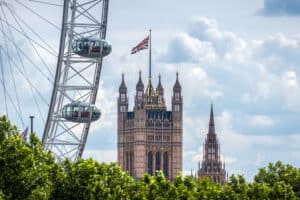
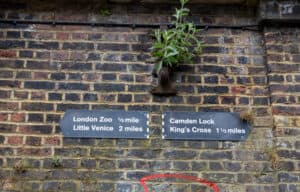
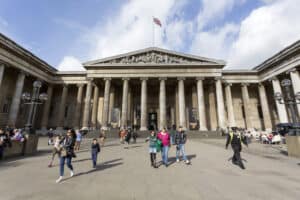

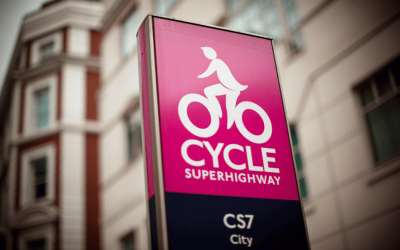

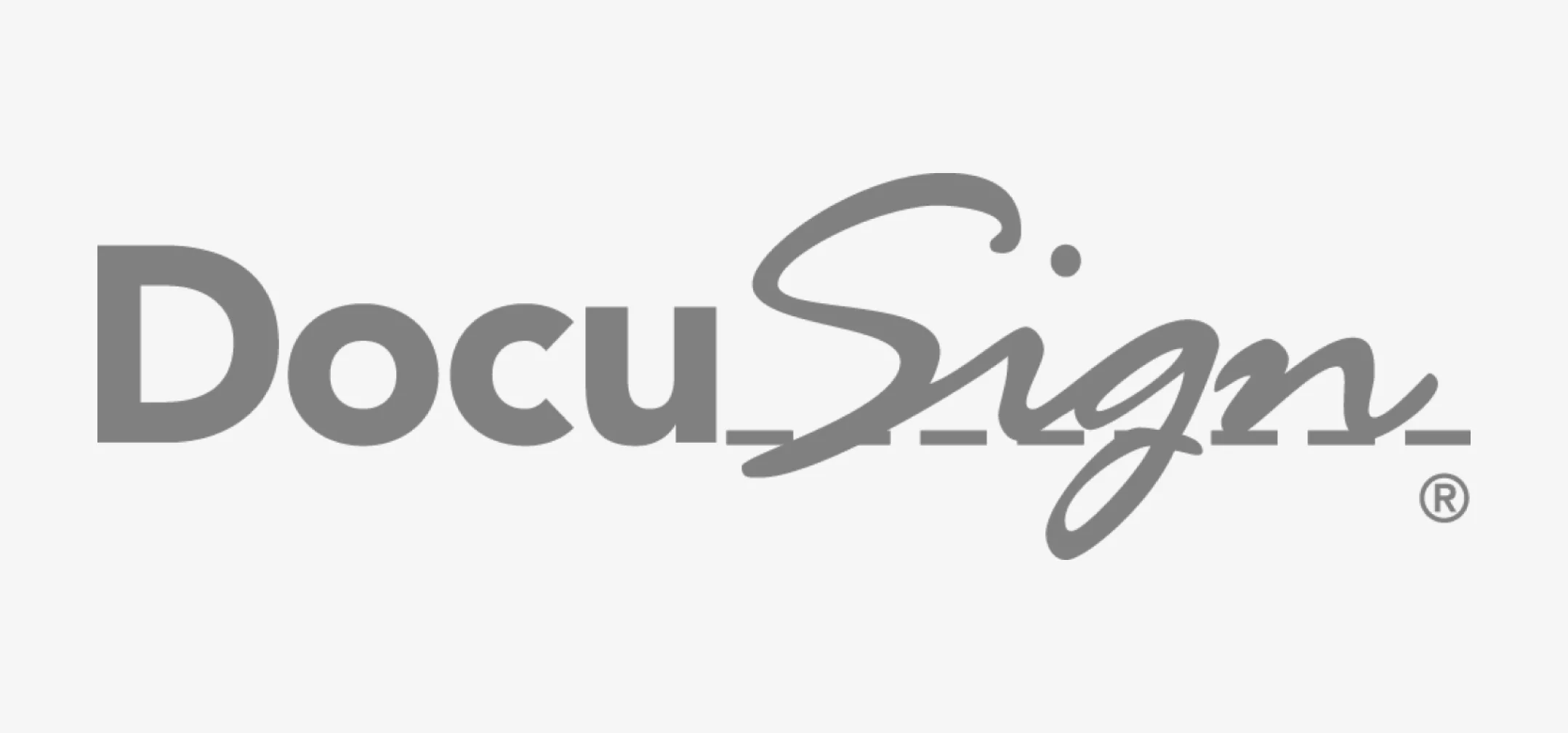


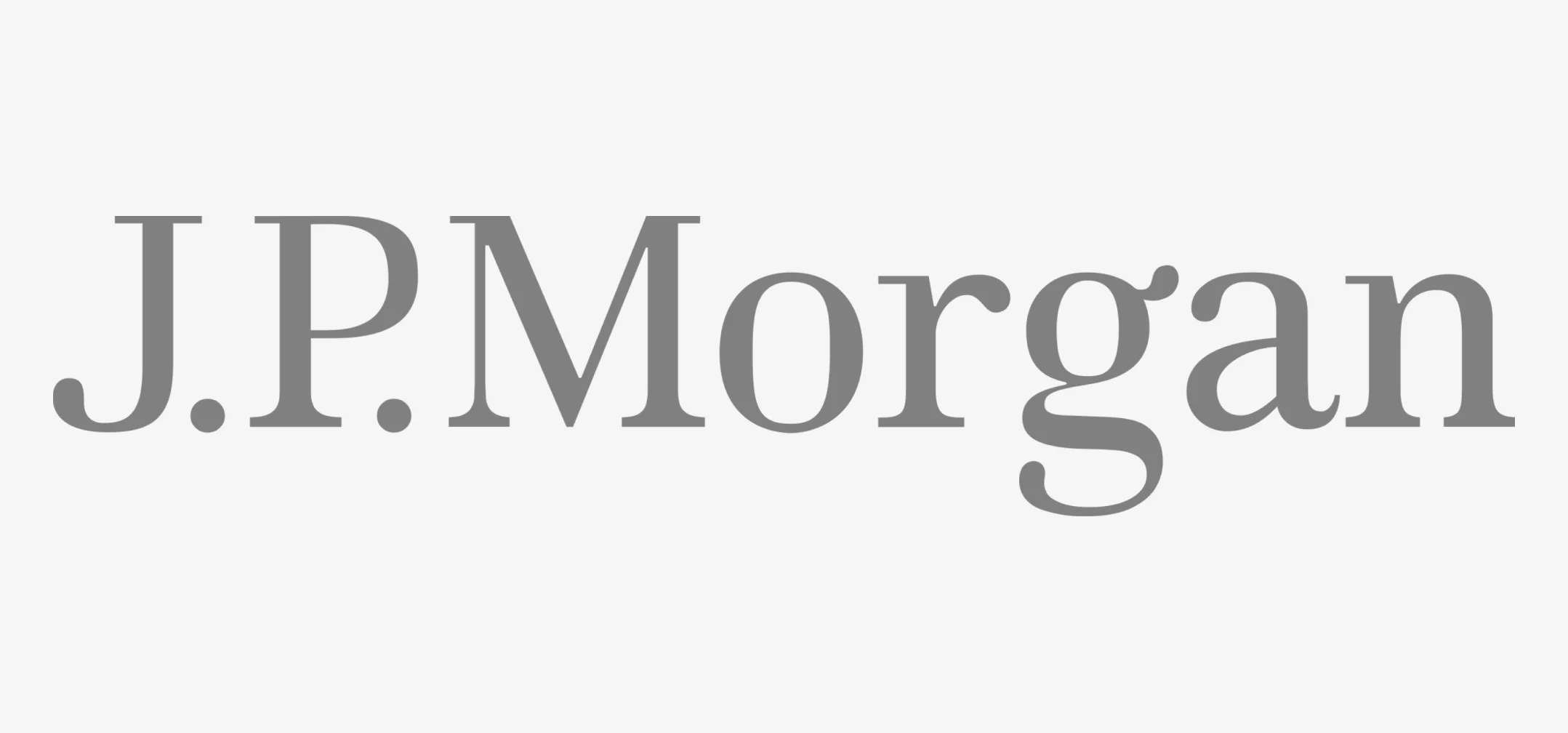
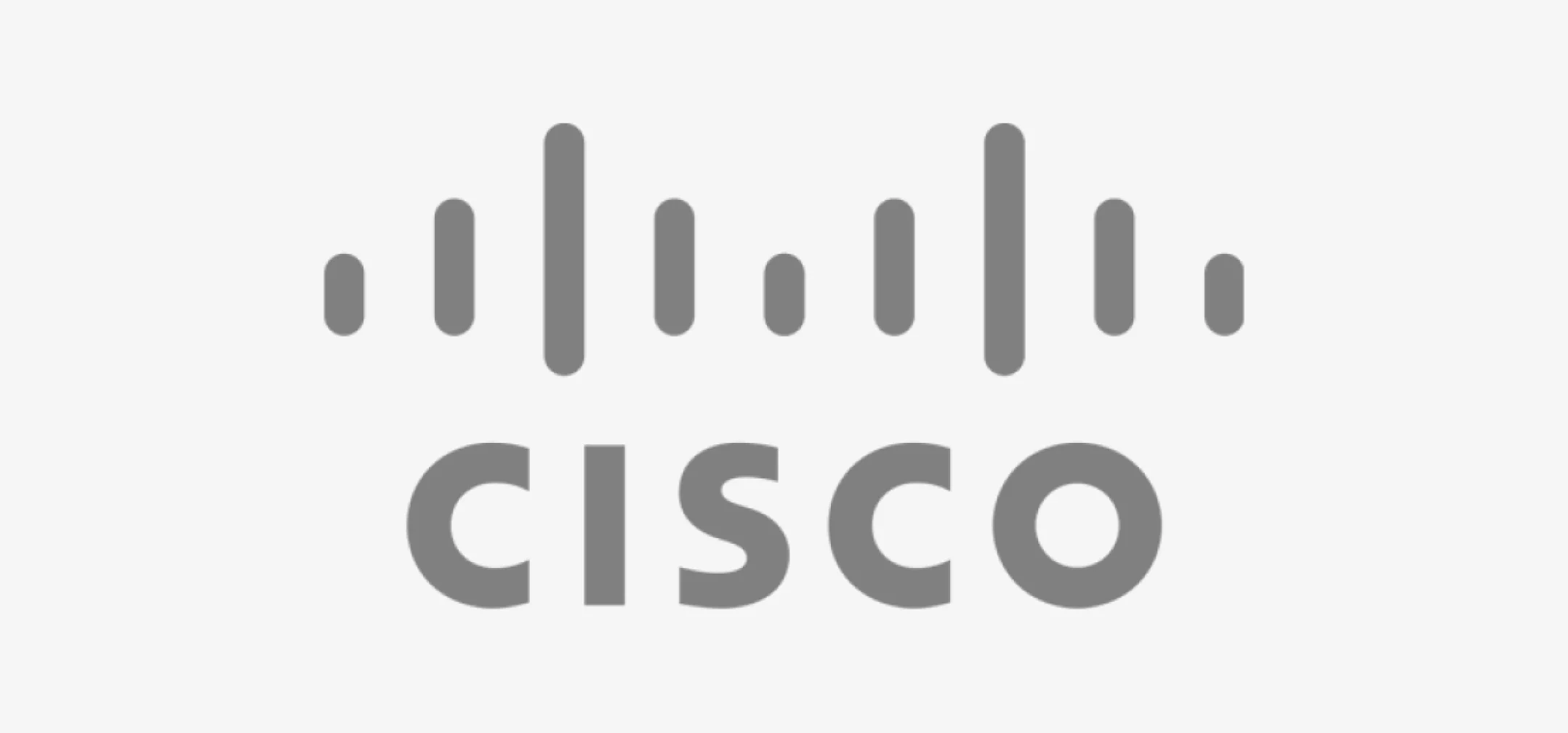


0 Comments